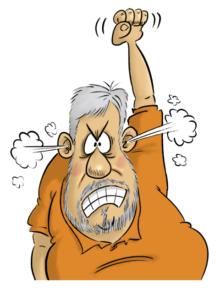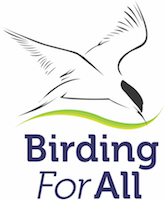This article first appeared in Birdwatching Magazine July 2020
After the epidemic what happens next? During the crisis there have been benefits to wildlife, but there have also been increased pressure.
We have been polluting less, killing less on our roads and by not accessing most reserves nature has been left to ‘get on with it’. The trouble is that wildlife wardens have been furloughed, income streams dried up and malicious damage soared along with illegal killing of wildlife. Moreover, faced with lockdown many more of us have been ‘exercising’ in the countryside; walking rights of way hardly touched in years and taking pets to places formerly pooch-free. Reserve staff have not been there to cut back encroaching invasive plants or deal with egg and chick predation, not to mention the epidemic of extra fly-tipping.
It’s only when something is taken away that we appreciate it most and there has been a surge in concern for the environment just like the increased interest in nursing as a career. We have had to re-think our priorities and values, but will it last?
Some things may. Twitter announced that in future all of its staff could work from home permanently if they wish. A sustained environmentally better practice. There is also evidence that some companies, who have had to replace business-class travel with Zoom conferencing, have seen how well this plays with their bottom line. I’ve always maintained that business flying has a much bigger negative impact than tourism, but once people can fly will they immediately switch back?
It will be interesting to see productivity figures when the dust settles as I suspect that it will show that working from home actually financially benefits employers. It will also be interesting to see whether our collective new found understanding of how much we all need nature translates into a change of direction by government, industry and commerce.
It’s possible that ‘retail therapy’ will go on being less about wandering around shops with ever increasing bag loads, and morph into more trailing around the net looking for deliverable bargains. By necessity we have returned to the weekly ‘big shop’ rather than numerous lesser ones and I doubt the increased capacity for supermarket delivery will shrink.
All of the above could be good news for the environment in general and our wildlife.
However, none of this is anything like enough. Climatologists say that the drastically reduced air traffic and temporary shutdown of dirty industry will not affect climate change for a couple of decades and then only by a few hundreds of one percent!
Amidst the talk of the deepest recession ever and ‘returning to normal’ the dangers of economic growth at all costs to our long-term health and that of our countryside is legion. We’ve been forced to reflect by pictures of cities without smog and our personal need for green spaces, exercise and clean air, but to sustain the good that has come out of disaster we have to stop seeing economic growth as a measure of national success and instead invest in our children’s futures by a green revolution.
Remember the Golden Syrup tin legend showing a dead lion becoming a nest for bees: ‘Out of the strong came forth sweetness‘? We need to champion a similar change, out of this terrible scourge should come a new way of living. We need to make more at home rather than rely on the world market and we need to do it in a sustainable way. We have rediscovered that personal health is more important than anything, and that holds for our natural environment too.





